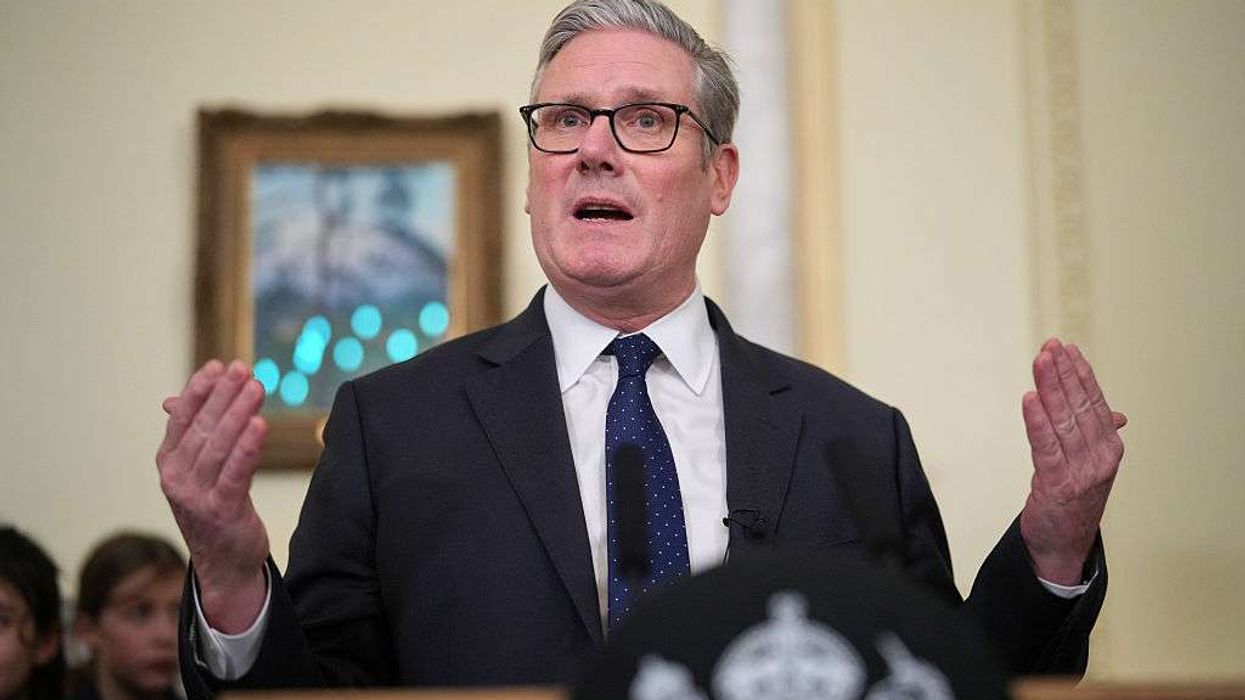Former India captain and chairman of selectors Dilip Vengsarkar feels that BCCI president Sourav Ganguly wasn't right in airing his views on behalf of national selectors Virat Kohli's captaincy saga which has triggered a controversy.
Ahead of their departure to South Africa, Virat Kohli in a media conference said that no one from BCCI told him not to quit T20 captaincy, contrary to Ganguly's claims that he had spoken to the skipper on the issue.
Vengsarkar said that Ganguly had no business to speak in the matter.
"The thing is that Ganguly had no business to speak on behalf of the selection committee. He is the BCCI president. Any issue about selection or captaincy, it's the chairman of selection committee Chetan Sharma, who should speak," Vengsarkar, a veteran of 116 Tests said on Wednesday.
Earlier, Ganguly, himself a former India captain had said that Kohli's decision to not reconsider giving up T20 captaincy prompted the selectors to go for Rohit as the sole white-ball skipper as two different captains in the two formats would have led to "too much leadership."
"We had requested Virat not to step down as T20 captain but he didn't want to continue as captain. So, the selectors felt that they cannot have two white ball captains in two white-ball formats. That's too much of leadership," the BCCI president had told PTI.
Vengsarkar believes that the prerogative of selecting or dropping any player rests solely with selection committee.
"A captain is selected or removed by the selection committee and that is not Ganguly's jurisdiction at all," said the former Mumbai legendary right-handed batter.












